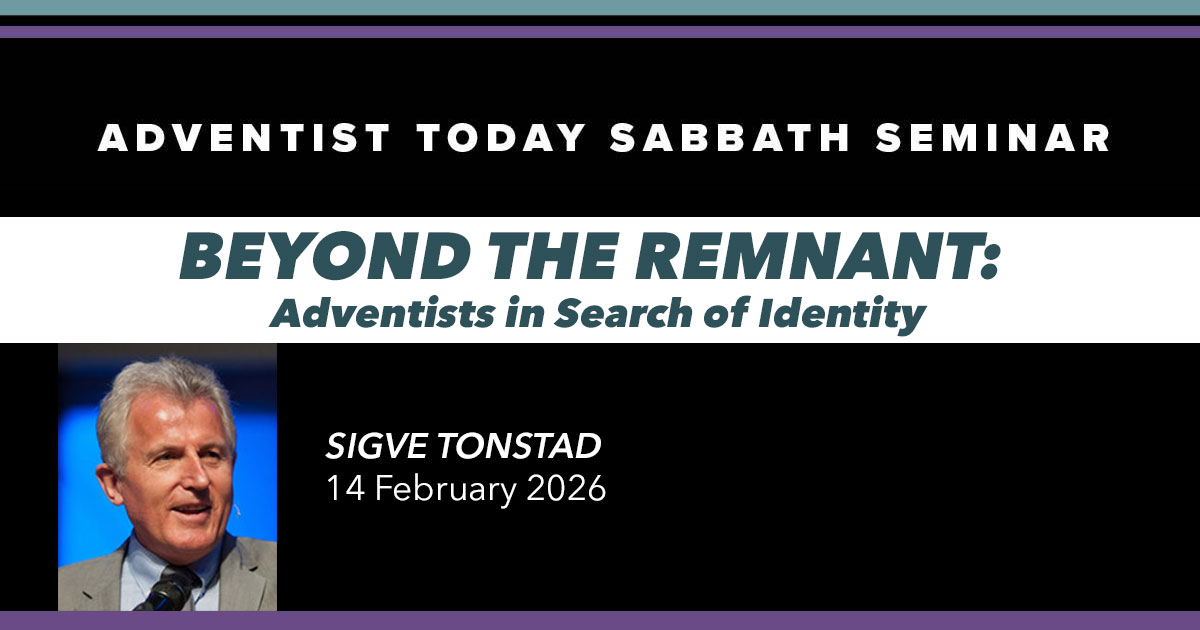From Pain to Promise – S2025-20
For 17 years, Karla cared for children no one else would take. But when she found a young girl near death—and later agreed to take that girl’s unborn, drug-exposed baby— God began writing a miracle. This is a story of courageous love, relentless prayer, and a Saviour who specializes in impossible beginnings and rewriting a child’s future. Source: https://www.youtube.com/watch?v=seEjg8bt378
Mission Spotlight for February 14
Our Sabbath School program has always been linked to the support of the Seventh-day Adventist Mission program. This video provides a little insight into this important work.
C’è sempre una porta aperta #drittoalcuore
Nei momenti più incerti, cerchiamo sempre un appiglio. Il Salmo 130:7 ci dice che “presso il Signore è la misericordia”. Non serve essere perfetti. Non devi pagare nulla: la porta del suo amore è sempre aperta. Anche il tuo passato può diventare il punto di partenza per una nuova rinascita. #Misericordia #Speranza #VangeloOggi #HopeMediaItalia Source: https://www.youtube.com/shorts/er1cymWa-X8
ATSS: Sigve Tonstad, “Beyond the Remnant”

12 February 2026 | Faith, culture, and conscience shape identity—sometimes in ways that heal, sometimes in ways that wound. For almost two centuries, Adventists have identified ourselves as “the remnant church,” though we don’t always seem to agree what that means. In this class, Dr. Tonstad will challenge us to move beyond that identity. What […] Source: https://atoday.org/atss-sigve-tonstad-beyond-the-remnant/
- « Previous Page
- 1
- …
- 11
- 12
- 13
- 14
- 15
- …
- 8277
- Next Page »
